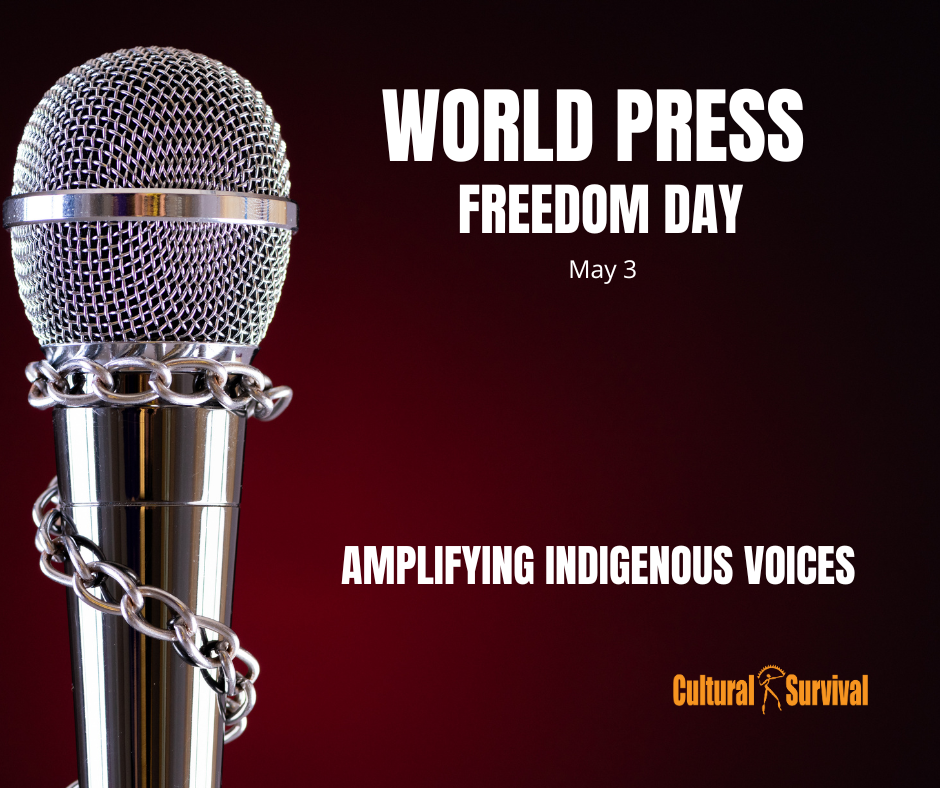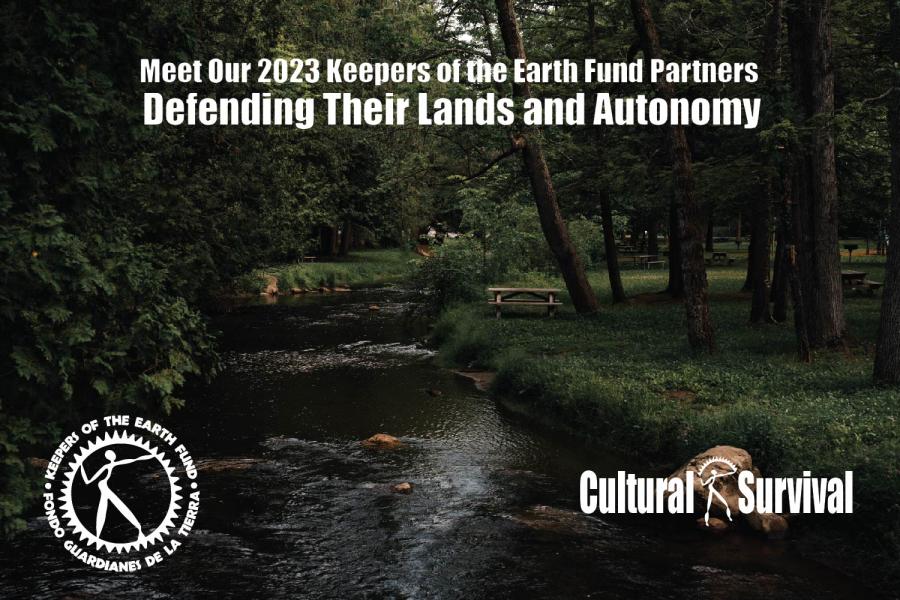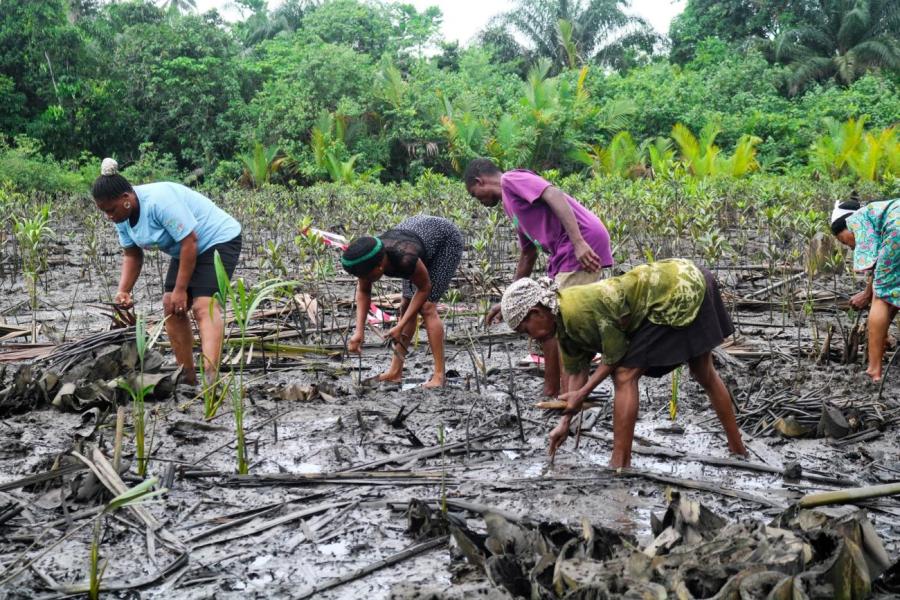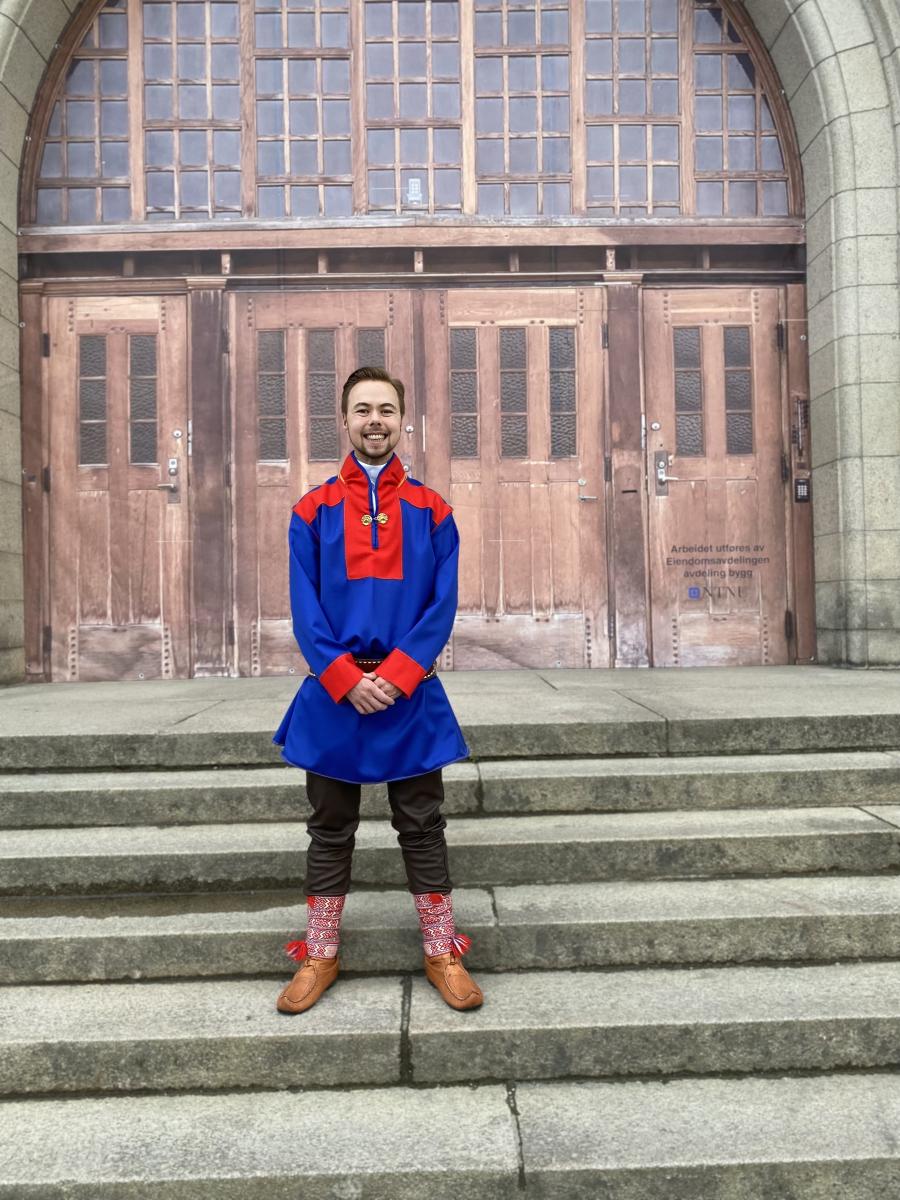
On May 3, World Press Freedom Day, we are excited to announce Cultural Survival’s Indigenous Journalism Fellowship, supported by the Indigenous Community Media Fund. The Fellowship aims to support Indigenous journalists, communicators, and broadcasters to investigate and report on pressing environmental and social issues impacting their respective Indigenous communities. This initiative focuses on environmental justice, climate change, and the impacts of transition mineral mining. The fellowship provides financial support of up to $6,000 and mentorship to produce in-depth multimedia stories that amplify Indigenous Peoples' voices and drive towards systematic change. Our first cohort of fellows is from Indigenous communities across the Americas, Africa, and Asia, and they are focused on investigative reporting, community collaboration, and innovative storytelling. By equipping fellows with skills and resources, the fellowship strengthens Indigenous community-led media and networks that advocate for a just and sustainable future.
Meet our journalism fellows dedicated to change through storytelling.
|










